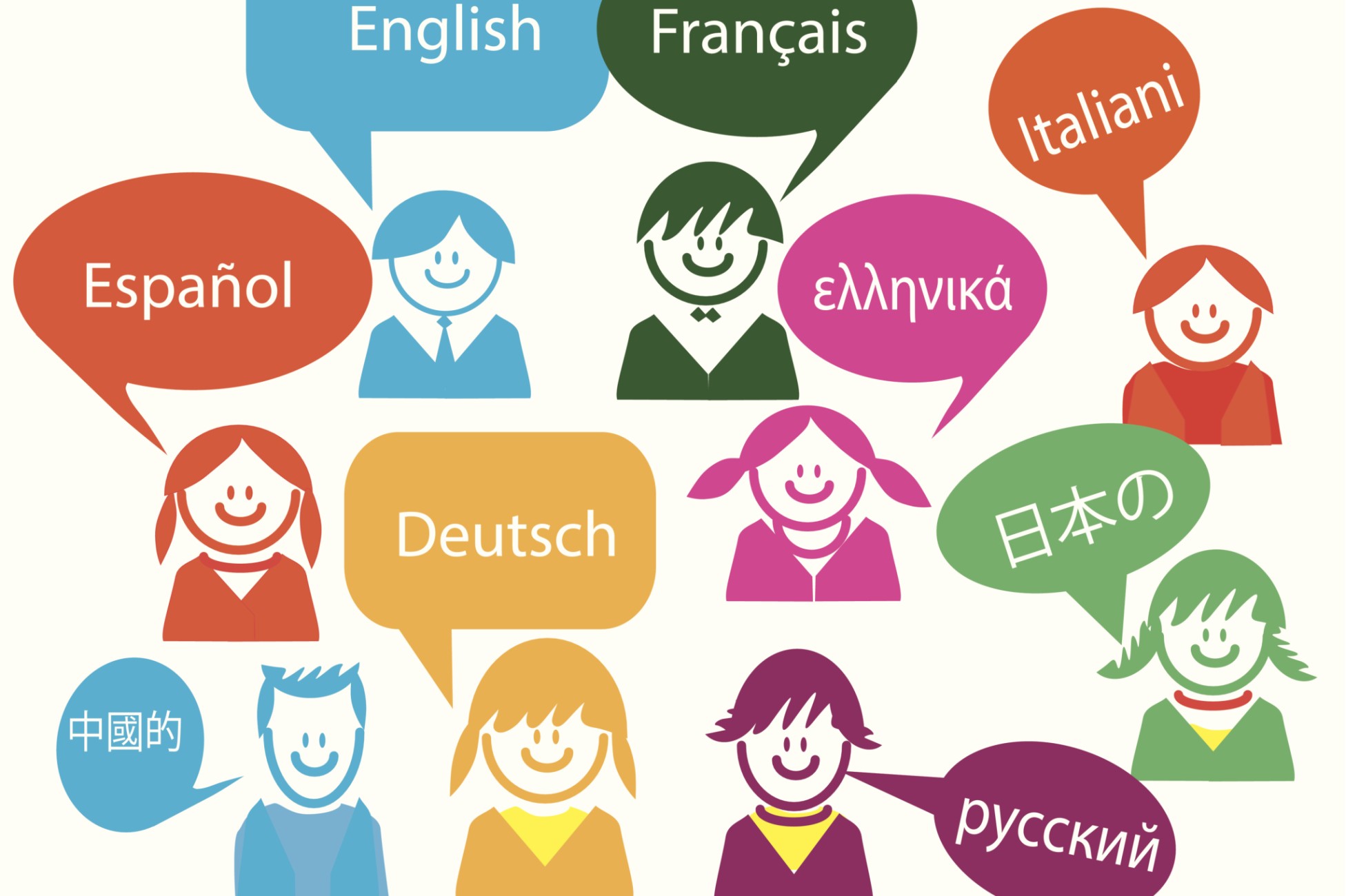Joséphine Vigouroux

First, the most obvious advantage of a bilingual school is that it makes learning a second language much easier. Indeed, language acquisition is effortless for young children, due to their very high brain plasticity. This is particularly true for oral language: early exposure to the sounds of a language allows it to be spoken without an accent. ("Learning several languages", Naître et Grandir)
But the linguistic advantage does not stop there: being immersed in a bilingual environment from school onwards also enables children to master their mother tongue better. For example, a child in a French-English bilingual school will have a better command of French than if he or she had been educated in a French-only school. ("Bilingualism, Multilingualism and Education", interview with Bruno Della Chiesa, linguist teaching at Harvard)
Finally, learning a second language in a bilingual school makes it easier for children to learn other foreign languages later on. This is due to a better understanding of the general mechanisms of language as a result of learning two languages simultaneously at a young age.(L'Enfant aux deux langues, Claude Hagège, éditions Odile Jacob)
Being educated in a bilingual school does not only have advantages in terms of learning English and other languages. All learning is enhanced by a bilingual education, including socio-emotional development.
"Numerous studies have revealed the cognitive advantages of bilinguals over monolinguals [in terms of] memorization and mental flexibility.
explains in this article Nawal Abboub, a doctor of applied neuroscience in education.
Children who have been educated in bilingual schools also increase their ability to solve logic problems and improve their ability to abstract, due to more connections in their brains between concepts, words and symbols.
That's not all: recent research has also shown that bilingual children develop a greater capacity for empathy, i.e. put themselves more easily in the shoes of others (see "Multilingual children have more empathy", Slate, 2 June 2015).
In a world where international exchanges are increasingly numerous, mastering several languages, and particularly English, has become a necessity! Allowing children to become accustomed to hearing and speaking it from an early age gives them a major advantage in integrating easily into today's society.
It also makes them aware of the existence of multiple countries, multiple cultures, and sharpens their curiosity about the world around them, making them comfortable in a multicultural environment and more open to otherness.